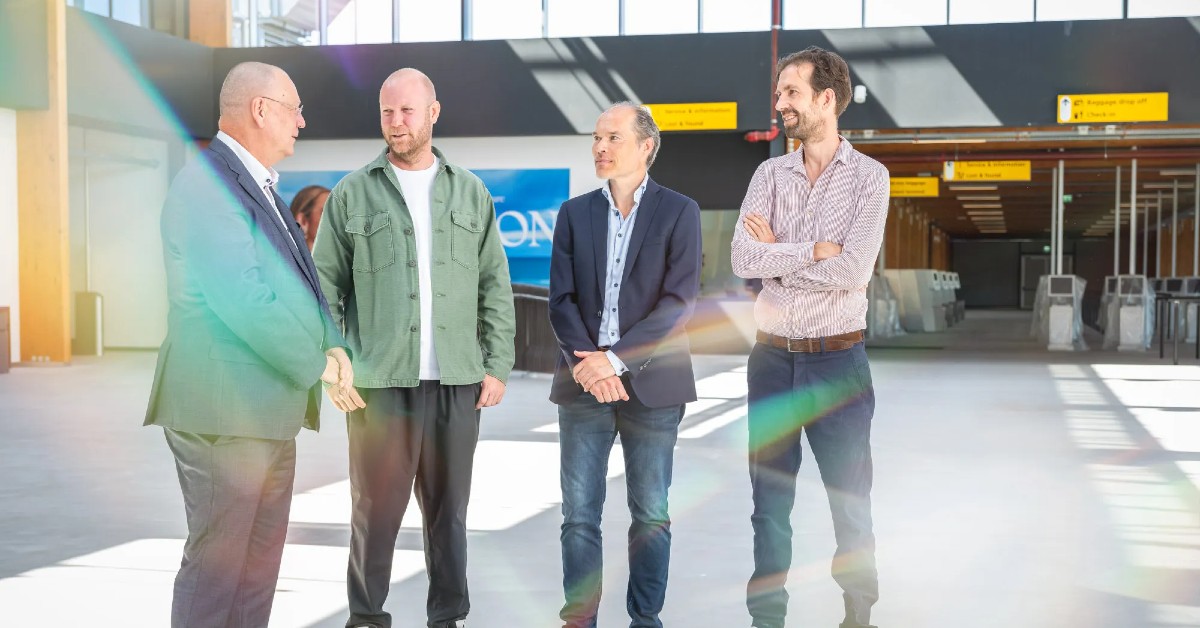The Netherlands is home to numerous startups involved in various industries and this doesn’t leave the logistics business. There are a few startups that operate with the aim to resolve the issue of “empty kilometers” faced by truck operators before the pickup or after delivering the consignment. One such startup is Synple.
In a recent development, Synple has made a shocking announcement. Well, after quite a few years of struggle, the startup has announced that it quits the business.
The Dutch logistics startup was founded in 2015 by Machiel Resink and Roderick Rodenburg. The company was established in order to match the logistics service providers to combat the issue of empty freight. However, it failed in making its vision come true even after receiving investment.
Idea behind Synple
As 25% trucks ply empty, Synple came up with an idea to reduce the rate of empty trucks on the road by 50%. Synple lets logistics service providers coordinate with each other and exchange freight between them. Similar to the other digital logistics platforms such as Quicargo, uShip, Convoy, Uberfreight and Saloodo, Synple also opted to use technology in order to match cargo and capacity and its platform could be connected to any Transport Management System. And, all this was possible without divulging any confidential information.
Raised €1.1 million
Back in 2017, Synple raised €1.1 million capital injection from investors Mainport Innovation Fund II and Newion. Back then, the startup announced that it would use the fund to scale up its business and expand to the other European markets as well as internationally. However, it has failed to use it efficiently and stay successful.
Failed to develop a healthy business model
Though the startup was founded with an ambition and wanted to prove to be successful, it missed out on the same due to the lack of a healthy business model.
Regarding the stopping of Synple, Roderick Rodenburg said “Together we have proven that cooperation pays off and there are many examples where new connections have been established between transporters. We believe in a scalable and affordable collaboration model. Unfortunately, we have not succeeded in scaling up with the resources we have. The speed of development is lagging behind on several points. This means that we can not develop a healthy business model for the platform in the short term.”
Undoubtedly, it is sad that Synple had to quit despite its struggle to put up with the industry for three years. There are many startups that quit their businesses and file for bankruptcy but they definitely learn a lot and this is important.
Stay tuned to Silicon Canals for more updates in the tech startup world.










01
From telecom veteran to Dutch Startup Visa success: The Jignesh Dave story